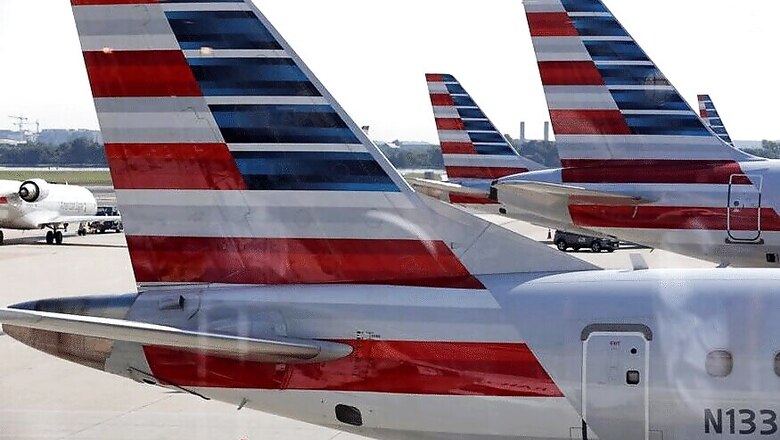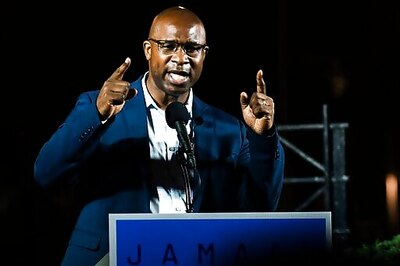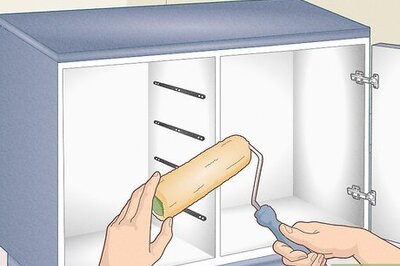
views
Washington: American Airlines and the US Transportation Security Administration said on Thursday they were testing a new high-definition airport screening device that could allow passengers to keep liquids and laptops in carry-on luggage during screening and potentially avoid new restrictions on in-cabin electronics.
The new computer tomography or "CT" scanner is being tested in a pilot project in single checkpoint lane at Phoenix International Airport and could be a long-term solution to avoiding additional security measures. Similar testing is expected to begin in Boston later this month, officials said.
The CT scanner being tested by American Airlines Group Inc and the TSA in Phoenix is built by L3 Technologies Inc. Testing is also expected to take place with other CT scanners this year built by Analogic Corp and Integrated Defense & Security Solutions Corp.
The technology is similar to what is currently used to inspect checked luggage at US airports on Thursday, but traditional X-ray machines are used to inspect carry-on luggage.
The CT screening equipment shoots hundreds of images with an X-ray camera that spins around the conveyor belt to provide officers with a three-dimensional picture of a carry-on bag and uses algorithms to detect explosives, firearms and other prohibited items.
The devices could speed up screening by eliminating the need for repeat trips through the X-ray machine and most secondary screening, the TSA said.
Flyers on domestic US flights must currently remove laptops and liquids from checked luggage during screening.
US Department of Homeland Security officials opened a two-day meeting on Thursday with European officials in Malta to discuss new security measures that could prevent the U.S. government from expanding a ban on laptops beyond flights from 10 airports primarily in the Middle East.
Homeland Security chief John Kelly told a congressional panel last week he was looking at an additional 71 airports in Europe, Africa and the Middle East for a possible expansion of the ban, but said he was talking about ways it could be avoided.
A European airline industry official told Reuters this week the United States had suggested possible enhancements including explosive trace detection screening, increased vetting of airports' staff and additional detection dogs.
U.S. restrictions on laptops announced in March, including on flights originating from airports in the United Arab Emirates, Saudi Arabia, Qatar and Turkey, came amid fears a concealed bomb could be installed in electronic devices taken aboard aircraft. Britain followed suit with similar restrictions.




















Comments
0 comment